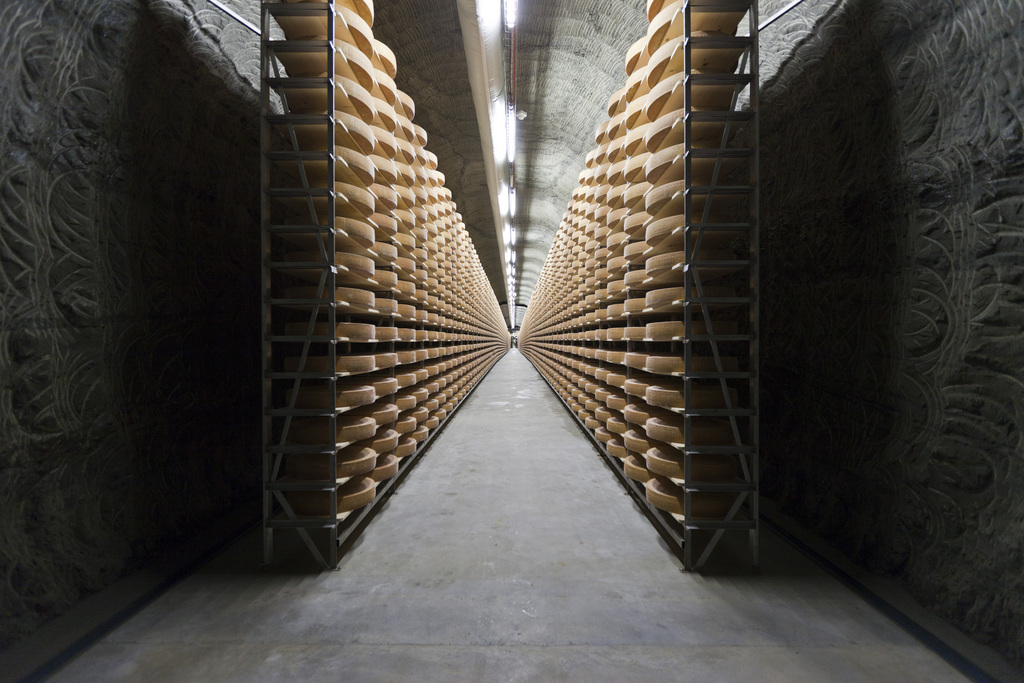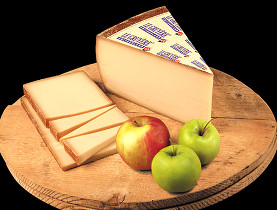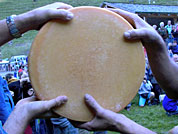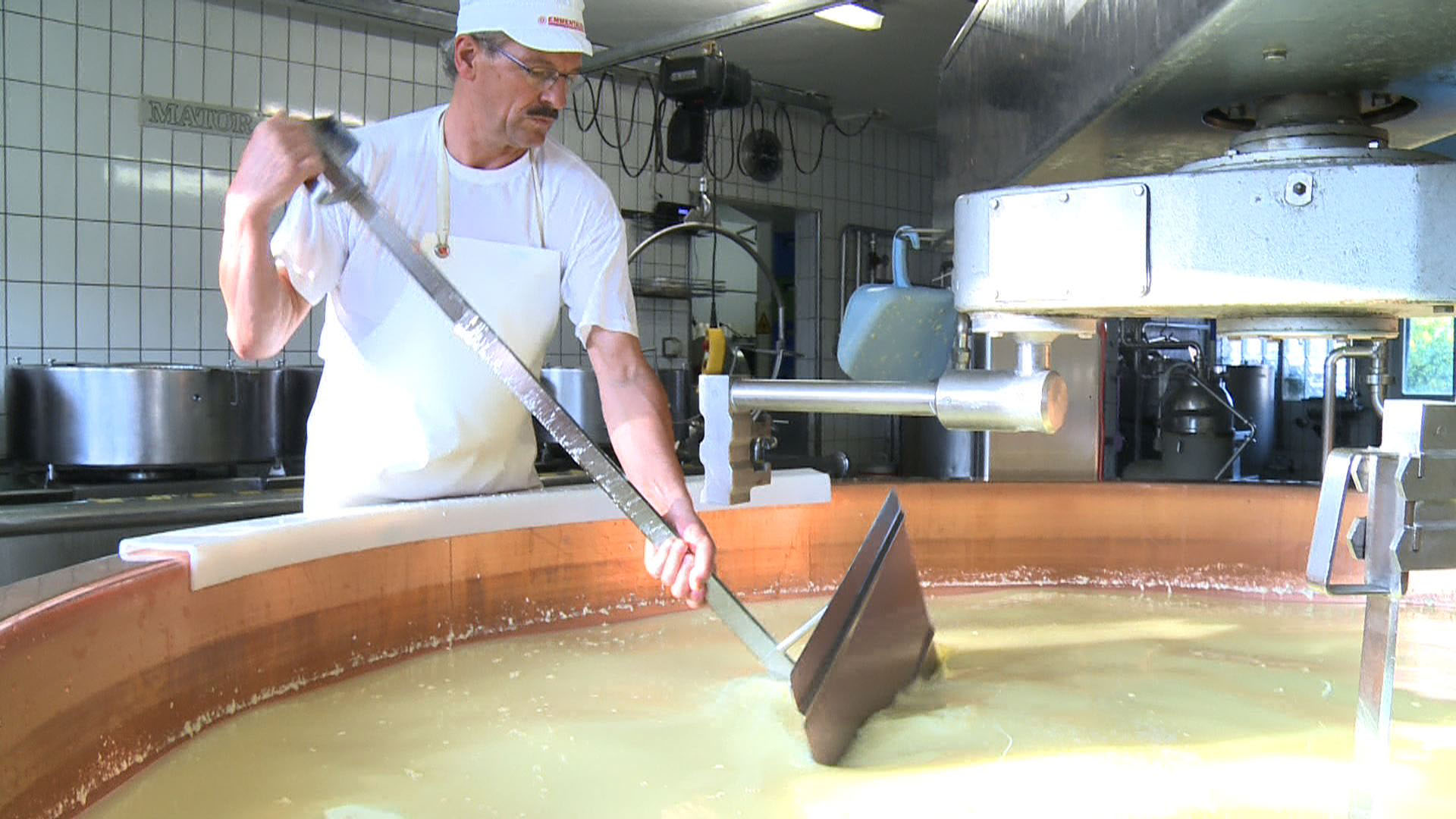Liberalised cheese market benefits all

The opening up of the cheese trade between Switzerland and the European Union five years ago has led to a wider product range, better quality and lower prices, according to a report released on Tuesday.
The Federal Office for Agriculture commissioned the economic think tank BAK Basel to assess the impact of the free dairy market on dairy production and consumers. The report concludes that Switzerland would not have fared any better if it had continued to subsidise and protect its cheese market.
Bilateral agreements with the EU in addition to World Trade Organisation requirements and national pressure obliged the government to open the dairy market fully to competition in June 2007. In the run-up, Switzerland reduced protective duties and export subsidies and abolished milk price guarantees and quotas.
Reversing the trend
Cheese exports from Switzerland to the EU had decreased in the 1990s and the Swiss market share had been eroded. The step-by-step opening of the market succeeded in reversing this trend, BAK explained. Since 2003, exports have been on the increase.
At the same time, cheese imports from the EU – mainly from Italy, France and Germany – have also risen.
“Simple simulations show that without free trade the negative trend of Swiss cheese exports in the 1990s would have continued, that the increase in imports would have been lower, and there would not have been such a strong rise in cheese consummation,” the agricultural office wrote in a press release.
From 2003 to 2011, domestic cheese production increased by 21,000 to 128,000 tonnes, lifted by demand for fresh and semi-hard cheeses. Per capita consumption in Switzerland rose 12 per cent to 21,44 kilograms, growing faster than in neighbouring countries.
A wider range of products and marketing efforts helped boost exports, more than compensating for market share losses due to imports, BAK wrote. Foreign products have not manage to drive local brands out of the market. On the contrary; free trade has markedly improved competitiveness and benefitted consumers by giving them a wider choice at lower prices.
Double benefit
There is no doubt that free trade also triggered certain structural changes within the sector, which is reflected in a changed demand for certain types of cheese, BAK economists wrote in their 100-page evaluation on the Swiss dairy market.
Exports of Emmental, the Swiss cheese characterised by its large holes, dropped by 32 per cent between 2003 and 2011, while sales of other varieties including Gruyère, Tilsiter and Appenzeller almost doubled abroad, lifting the market share of Swiss cheeses in the EU.
About 41 per cent of Swiss exports go to Germany, 20 per cent to Italy and ten per cent to France.
Agricultural reforms in 2002, 2007 and 2011 liberated the Swiss market, but state interventions were still “considerable” last year, BAK wrote, citing the SFr32.5 million ($34.8 million) the government still pays to support the production of milk from cows not fed on silage, and the SFr260 million for the production of cheese.

In compliance with the JTI standards
More: SWI swissinfo.ch certified by the Journalism Trust Initiative






You can find an overview of ongoing debates with our journalists here. Please join us!
If you want to start a conversation about a topic raised in this article or want to report factual errors, email us at english@swissinfo.ch.